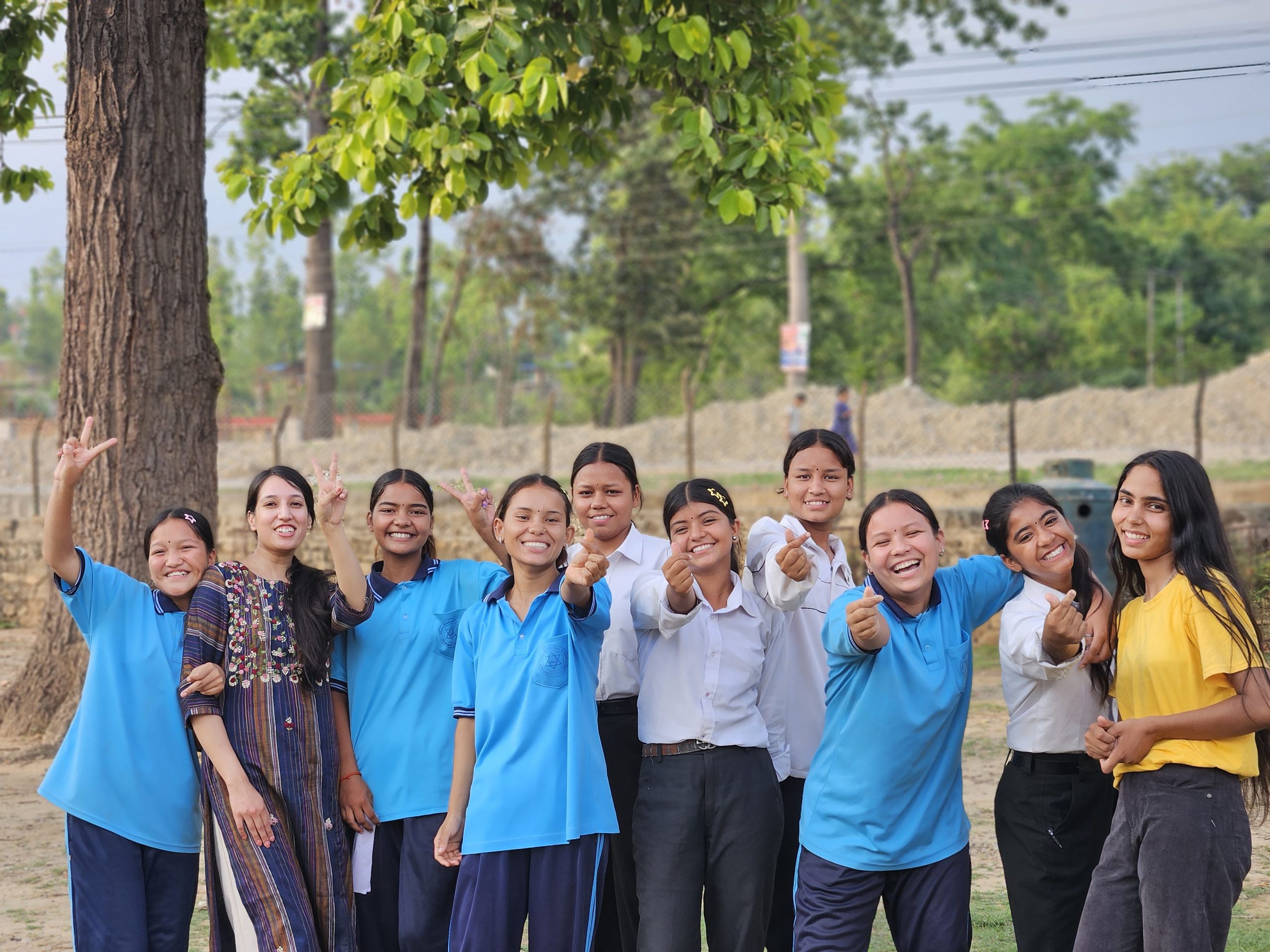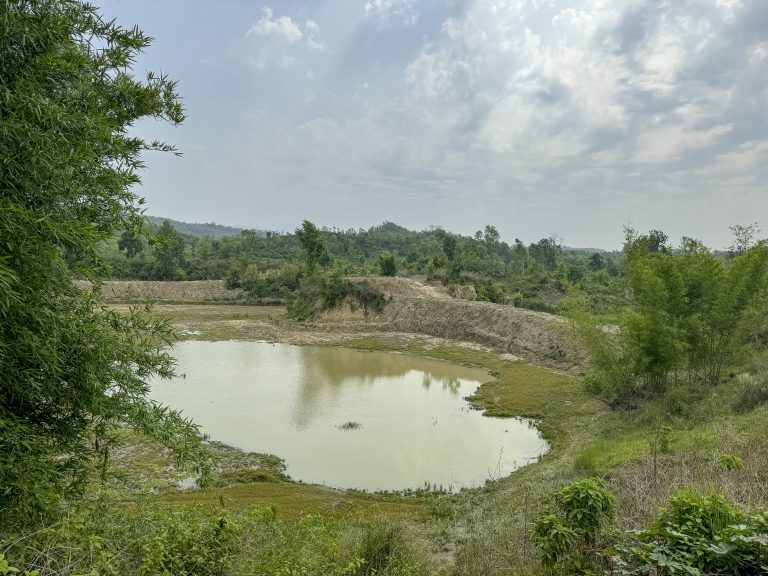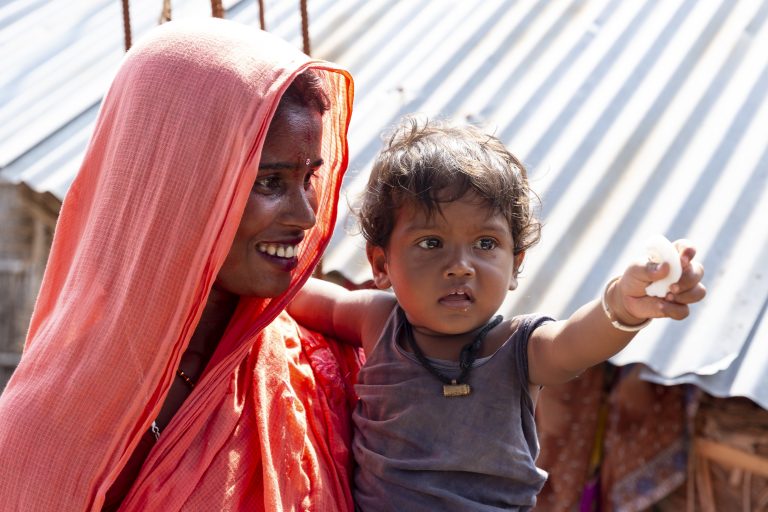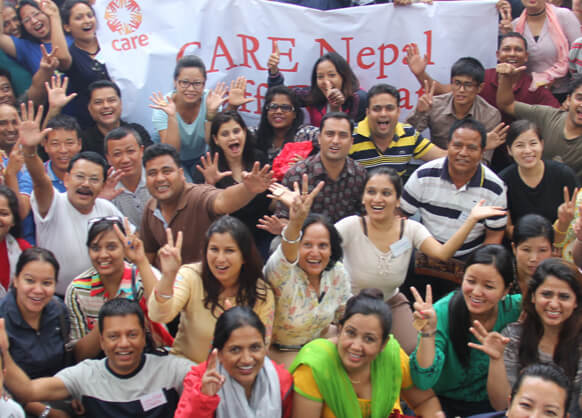USAID/Nepal’s Adolescent Reproductive Health project works with the Government of Nepal, private sector, relevant stakeholders and young people to support adolescents in Nepal to reach their full capacity by choosing and practicing healthy reproductive behaviors.
Despite geographical difficulties and high rates of poverty, Nepal has observed two decades of steady improvement in health outcomes. For over 60 years, the U.S. Government has partnered with Nepal to strengthen the delivery of essential health services, especially for those in greatest need. The Adolescent Reproductive Health (ARH) project builds on accomplishments gained from USAID/Nepal’s health sector investment to date with a greater focus on adolescent reproductive health through government support, private sector engagement, positive youth development, and youth mobilization.
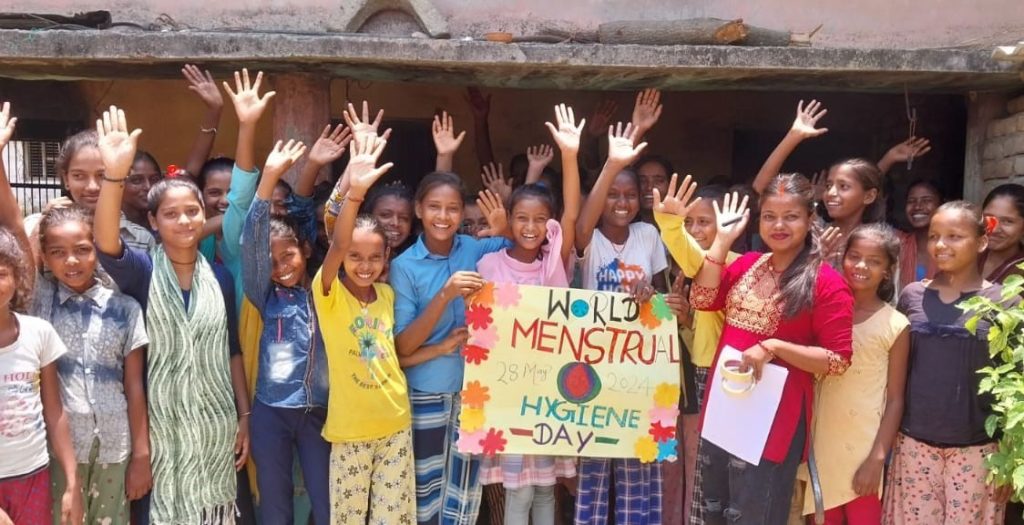
PROGRAM OVERVIEW
USAID’s Adolescent Reproductive Health is a five-year project with an estimated funding of $35 million. This project will work in coordination with the Government of Nepal’s Ministry of Health and Population (MoHP), Ministry of Education, Science and Technology (MoEST), Ministry of Women Children and Senior Citizens (MoWCSC) and relevant province level ministries along with Province Health Directorate, Province Health Training Centers, ARH Civil Society Organizations (CSOs), private sector organizations, and professional associations. In addition to federal and province level presence, this project will work in 60 municipalities across Madhesh (41), Lumbini (12) and Karnali (7) Provinces as focus areas.
The primary goal of ARH is to support adolescents to reach their full potential and strengthen public systems and private entities to create an enabling environment for healthy ARH behaviors. The USAID ARH project will contribute to a healthy, resilient, well-nourished population in Nepal.
PROGRAM OBJECTIVES
• Provide accurate, relevant family planning/reproductive health (FP/RH) information and behavior change support to adolescents; and educate their parents, teachers, and communities, addressing current social norms for adoption of healthy reproductive health behaviors
• Improve availability and accessibility of quality FP/RH services for adolescents by identifying and addressing key gaps in current services and in systems that determine effective access and utilization of adolescent-friendly services and products
• Institutionalize successful data-driven approaches and mechanisms addressing adolescent reproductive health through the public and private sectors by improving health system governance
PROGRAM APPROACHES
• Social and Behavior Change evidence-based interventions including group-based approaches, school-based approaches, platforms for out-of-school youth, youth-led activism, digital platforms, social media
• Social franchising and referrals to ARH service providers linked to Social and Behavior Change interventions
• Critical dialogue and reflection to address social norms building on formative research and participatory methods
• Integration of ARH quality standards and ARH quality improvement process
• Female Community Health Volunteer (FCHV) outreach and group engagement for married and/or pregnant adolescents
• Localized strategies for ARH at municipal levels including budgeting and planning
• Private sector engagement and partnerships for ARH services and products
EXPECTED KEY RESULTS
ARH is expected to build on the successes of past USAID programs. ARH will support the Government of Nepal to achieve the following results:
• Adolescents have increased understanding of their reproductive health, life skills to make healthy decisions, and are supported to adopt healthy behaviors
• Community members provide greater support to adolescents for healthy ARH services and products
• Adolescent-responsive RH services and products are available and accessible to adolescents
• Local/Municipal governments fund and manage independently for key successful ARH approaches
• Private entities implement and maintain key successful ARH approaches
• Adolescents experience improved reproductive health and well-being

